Virginia Governor Unveils Plan to End California-Style Emissions Rules
Governor Glenn Youngkin announced on Wednesday that Virginia will abandon California’s stringent vehicle emissions rules by the end of the year.
The decision is based on an opinion from Attorney General Jason Miyares, stating that Virginia is not required to follow California’s new mandates set to start on January 1.
Reason Behind the Decision
Youngkin criticized the emissions regulations as an overreach, saying, “Virginians deserve to choose which vehicles fit their needs.”
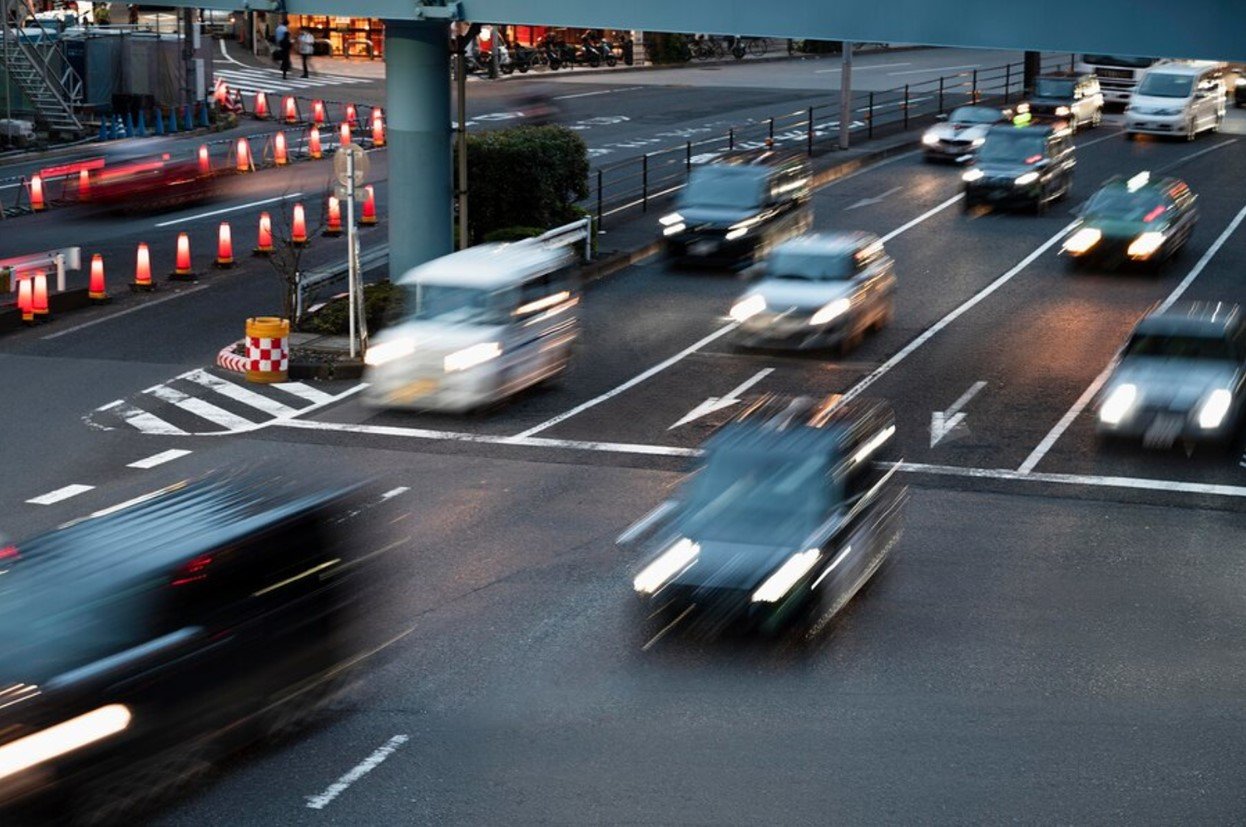
Source: Freepik
He called the idea of the government dictating car choices “fundamentally wrong” and emphasized the importance of state independence from California’s mandates.
Attorney General's Opinion
In a memo requested by Youngkin and Senate Republican Leader Ryan McDougle, Attorney General Jason Miyares clarified that Virginia does not need to adopt California’s new standards.
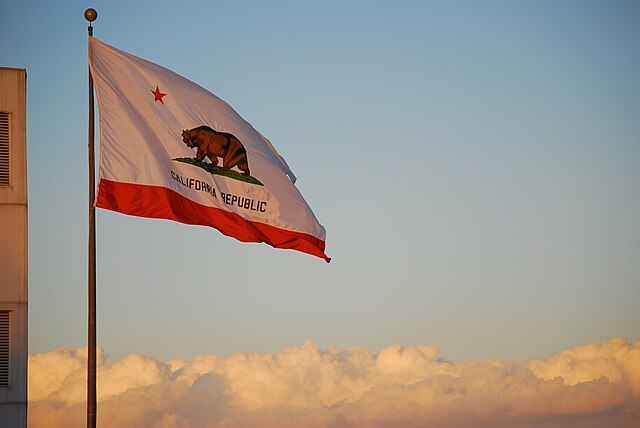
Source: Eric Chan, Wikimedia
Miyares stated that the law does not bind Virginia to California’s regulations, labeling them as “unworkable and out of touch with reality.”
Virginia's Current Emissions Law
Virginia’s “clean cars” law, adopted in 2021, required that starting in 2024, a certain percentage of new passenger vehicles sold by manufacturers be electric or hybrid electric.
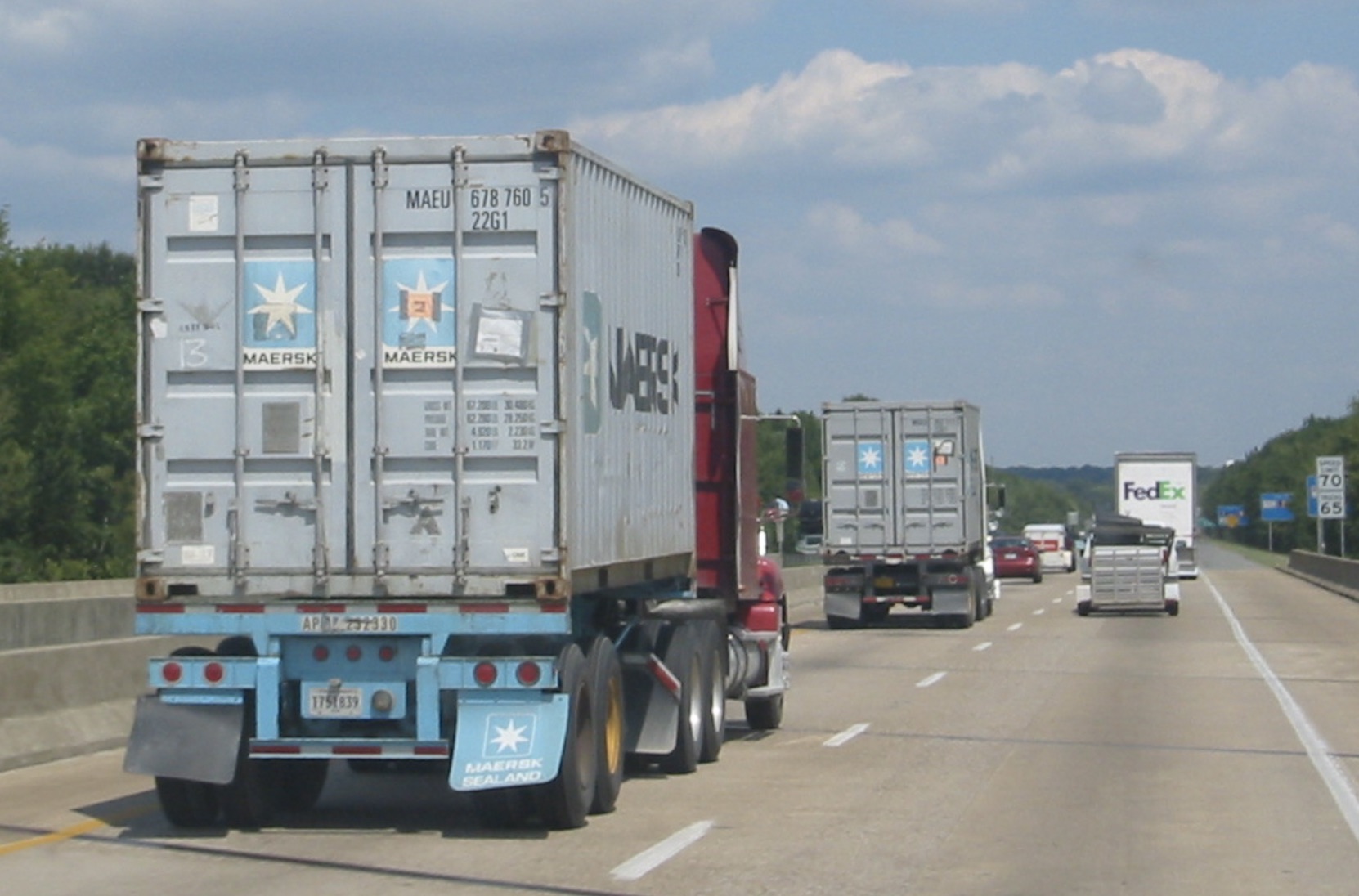
Source: Wikimedia
This law was enacted when the state government was under Democratic control and aimed at reducing carbon pollution.
Political Backlash
Youngkin’s decision has faced significant criticism from Democrats and environmental groups.
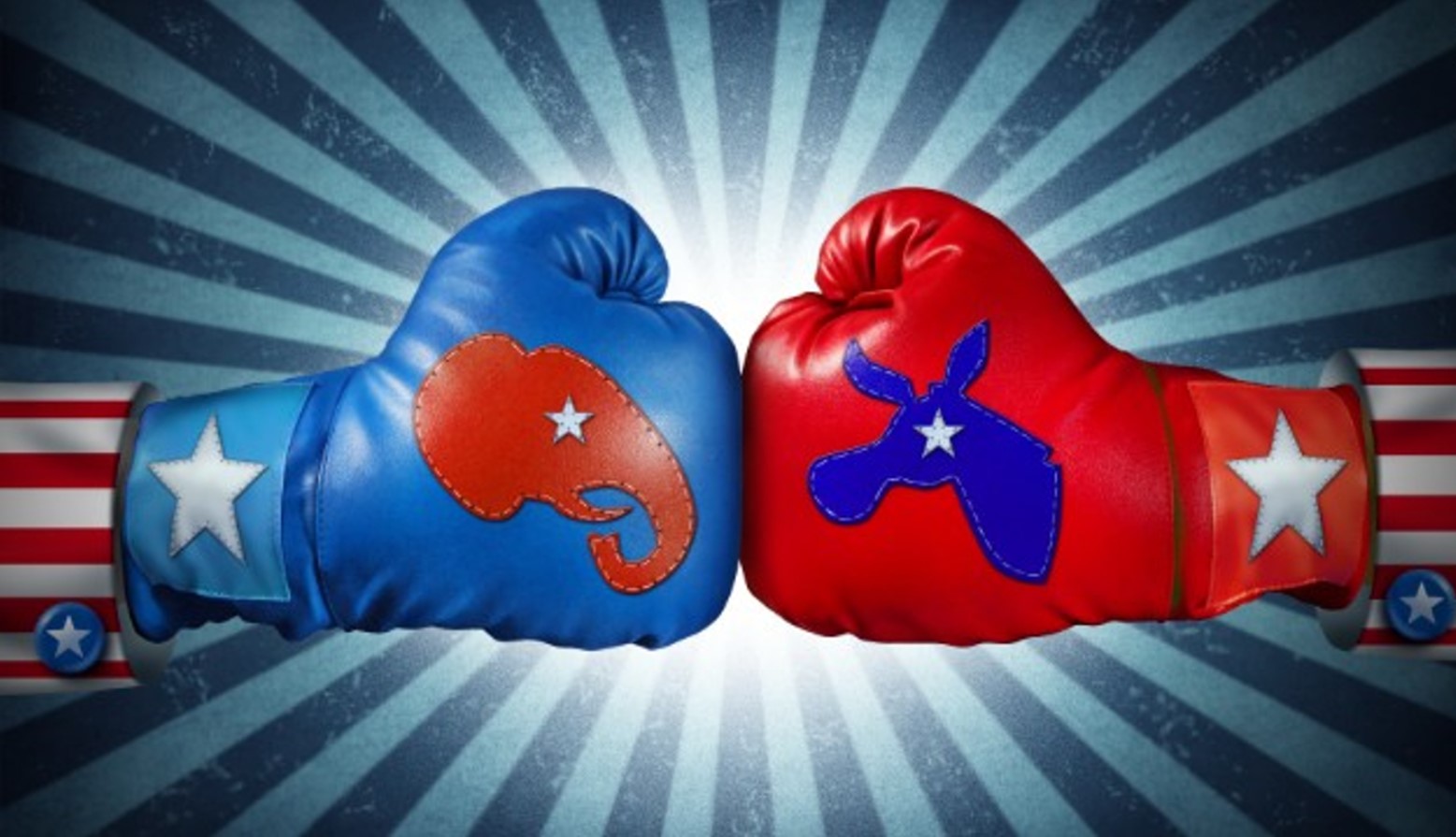
Source: Adobe Stock
Senate Majority Leader Scott Surovell accused the governor of overstepping his authority, while the Southern Environmental Law Center called the move illegal and shortsighted.
Environmental Concerns
Environmental advocates argue that the “clean cars” standards are essential for promoting cleaner vehicles and providing significant health and environmental benefits.

Source: Markus Spiske/Unsplash
They emphasize that the standards help reduce air pollution and support the transition to a more sustainable transportation system.
Manufacturers' Compliance
The original law applied to manufacturers, not car dealers, requiring them to meet the emissions standards or buy credits from others who surpassed the targets.
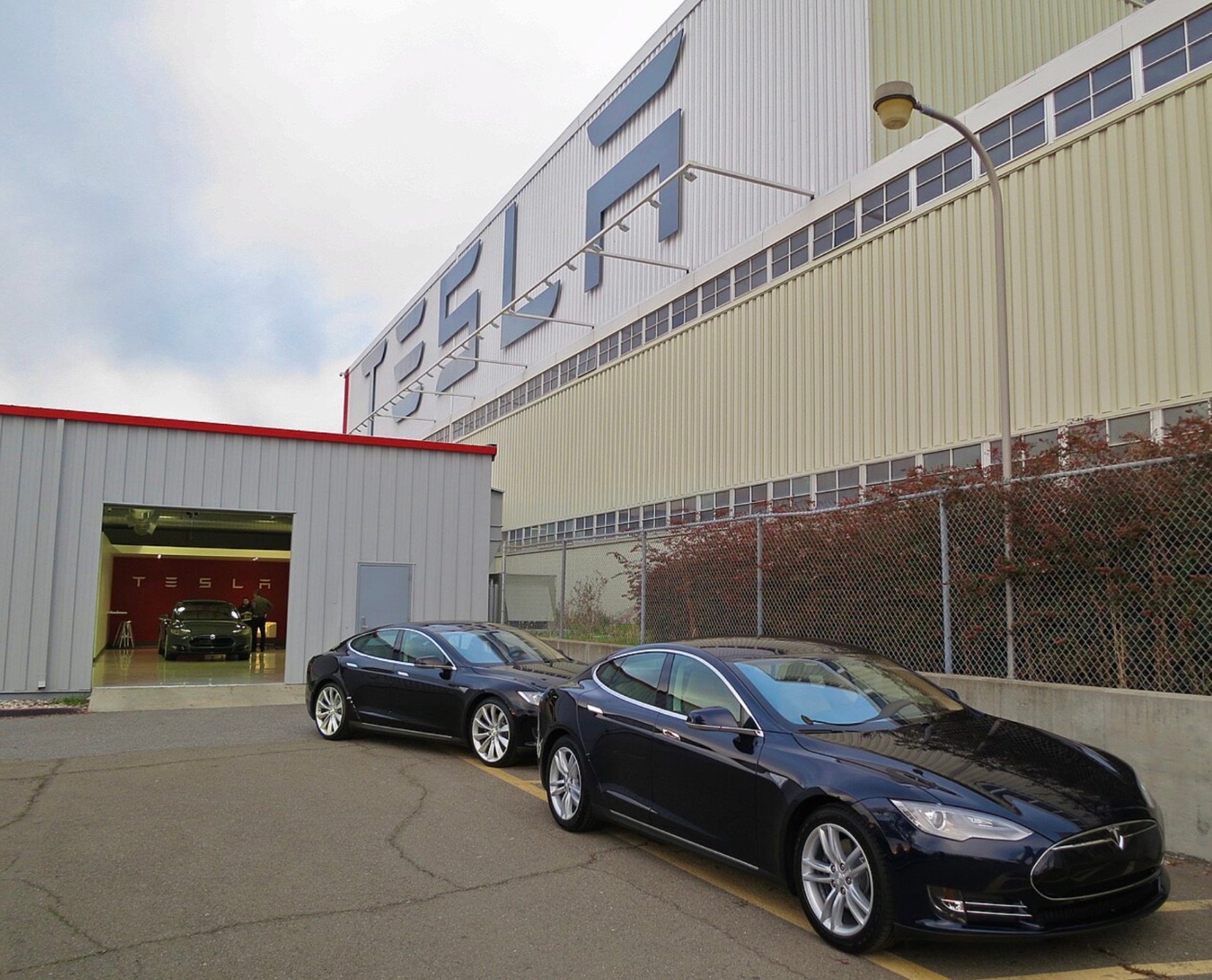
Source: Wikimedia
This initiative aimed to ensure a gradual transition to cleaner vehicles without overwhelming the market.
Federal vs. State Standards
With Youngkin’s plan, Virginia will revert to federal emissions standards.
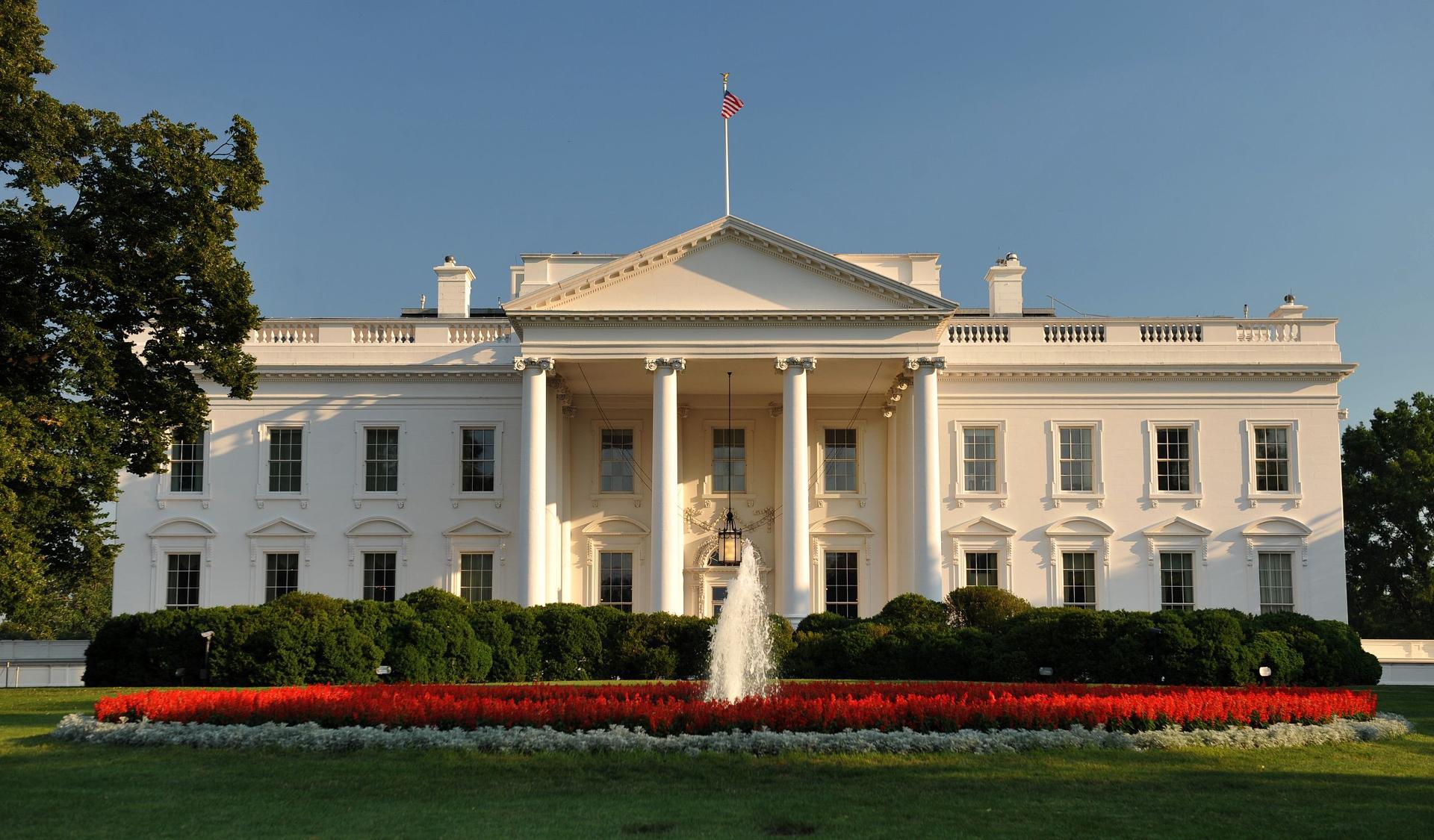
Source: Wikimedia
Natural and Historic Resources Secretary Travis A. Voyles confirmed this transition, stating that the State Air Pollution Control Board has not acted under its discretionary authority to adopt California’s new standards.
Youngkin's Vision
Youngkin framed his decision as a move towards state autonomy and consumer choice. He believes that Virginians should not be forced to follow regulations set by California, nearly 3,000 miles away.
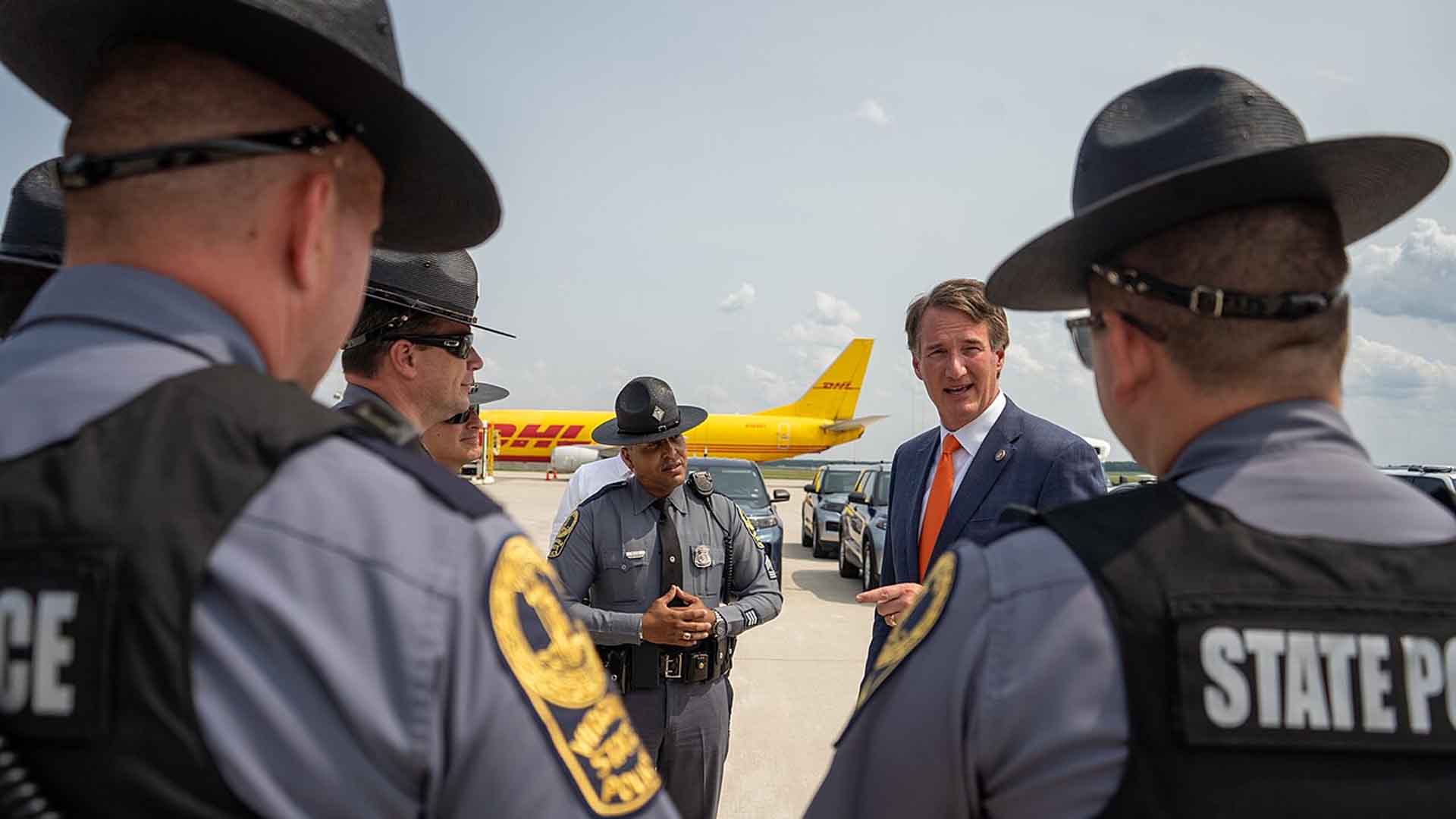
Source: Virginia Office of the Governor/Wikipedia
His administration is focusing on maintaining a balance between environmental goals and practical realities.
Impact on Virginia's Environmental Goals
The shift in policy raises questions about Virginia’s commitment to reducing carbon emissions.

Source: Freepik
Environmental groups argue that maintaining stricter emissions standards is crucial for the state’s long-term environmental and public health objectives.
Future Legislative Actions
Given the controversy, future legislative actions may arise to address the balance between state and federal standards.
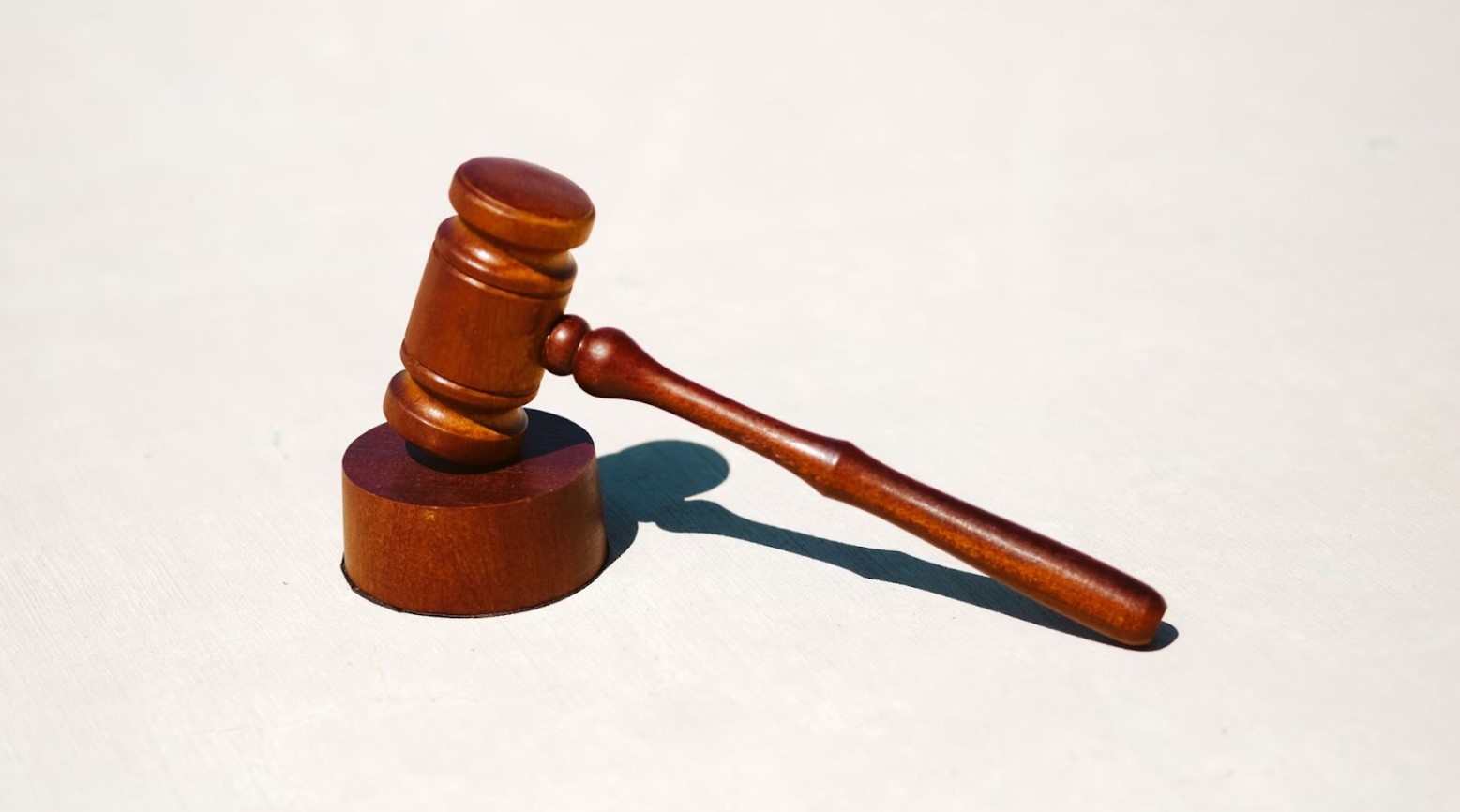
Source: Tingey Injury Law Firm/Unsplash
The debate highlights the ongoing tension between environmental policies and economic considerations, with potential implications for Virginia’s legislative landscape.
Public Response
Public opinion on Youngkin’s decision is likely to be divided. While some may support the move for greater consumer freedom, others will be concerned about the environmental impact.

Source: Jeff J Mitchell/Getty Images
The discussion reflects broader national debates on the role of government in addressing climate change.
